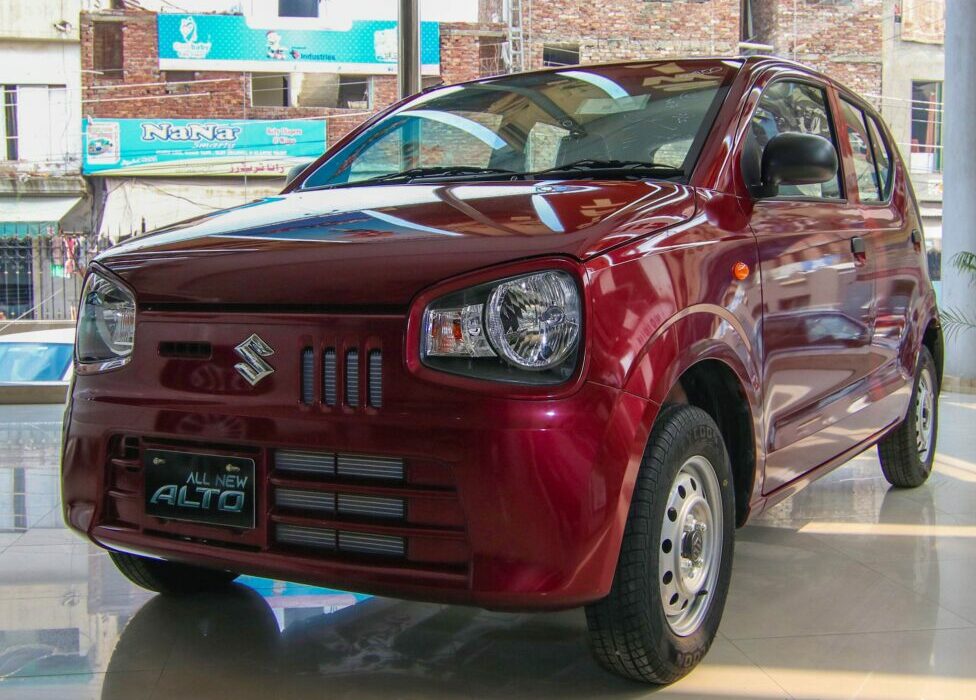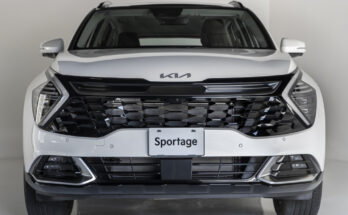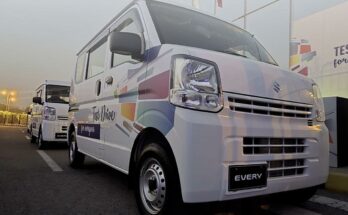September 2022 witnessed the lowest cumulative automotive sales volumes in a month over the past 5 years. This came on the back of the sales crash which has already taken the numbers for the quarter down by 50% compared to that of the previous year.
Related: Has Pakistan’s Auto Policy Benefited the Masses?
The steep decline is attributed to insanely escalating car prices, expensive auto financing, and the low purchasing power of consumers. Besides, the restrictions imposed by the State Bank of Pakistan on the imports of completely knocked-down (CKD) kits, have hampered the production cycle forcing local assemblers to observe plant shutdowns and non-production days. The move by the central bank, which is meant to control the outflow of dollars from the economy in view of the continuous draw-down on locally available foreign exchange has put a negative impact on car production, hence the sales drop.
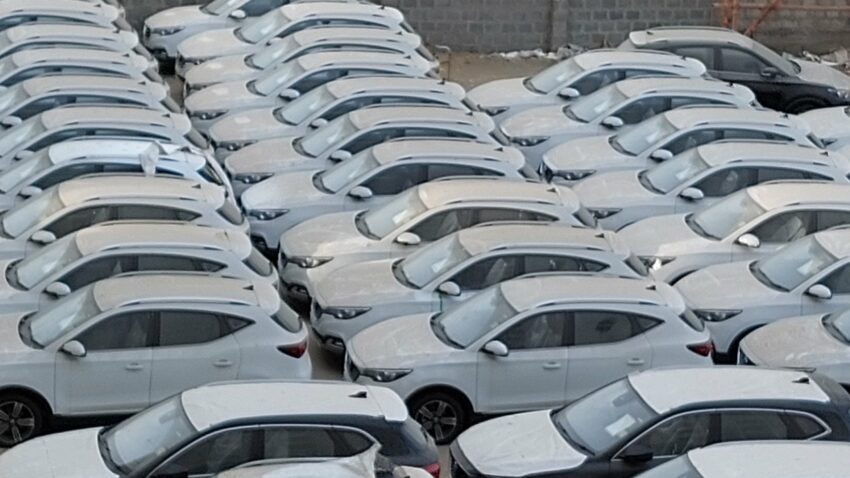
Not so long ago, Pakistan was planning to enhance its annual automobile production from the existing 250,000 units to about 1 million units over the next 5 years. According to the govt, this was achievable since different automobile companies from across the globe, especially Chinese enterprises, were interested in investing in the auto industry of the country.
Related: Road Isn’t Going to be Easy for Local Assemblers
But even before the flight to achieve that dream could take off, the local auto industry was hit hard by the recent import restrictions by the State Bank which badly exposed the high localization claims made by the local assemblers. Even the production of decade-old vehicles has been hampered due to the lack of sufficient localization achieved during all these years.
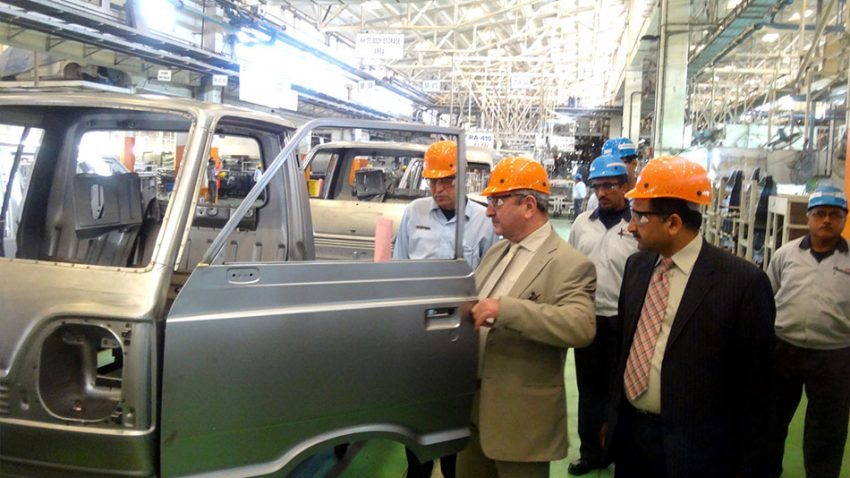
Furthermore, the import bill of CKD & SKD kits reached an alarming all-time high of $1.7 billion in FY22, up from $1.11bn in FY21 primarily due to low localization in vehicles introduced by new entrants as well as those offered by existing assemblers. Interestingly, the International Monetary Fund (IMF) recently completed the combined 7th and 8th reviews under the Extended Fund Facility (EFF) for Pakistan, allowing the authorities to draw $1.1 billion USD.
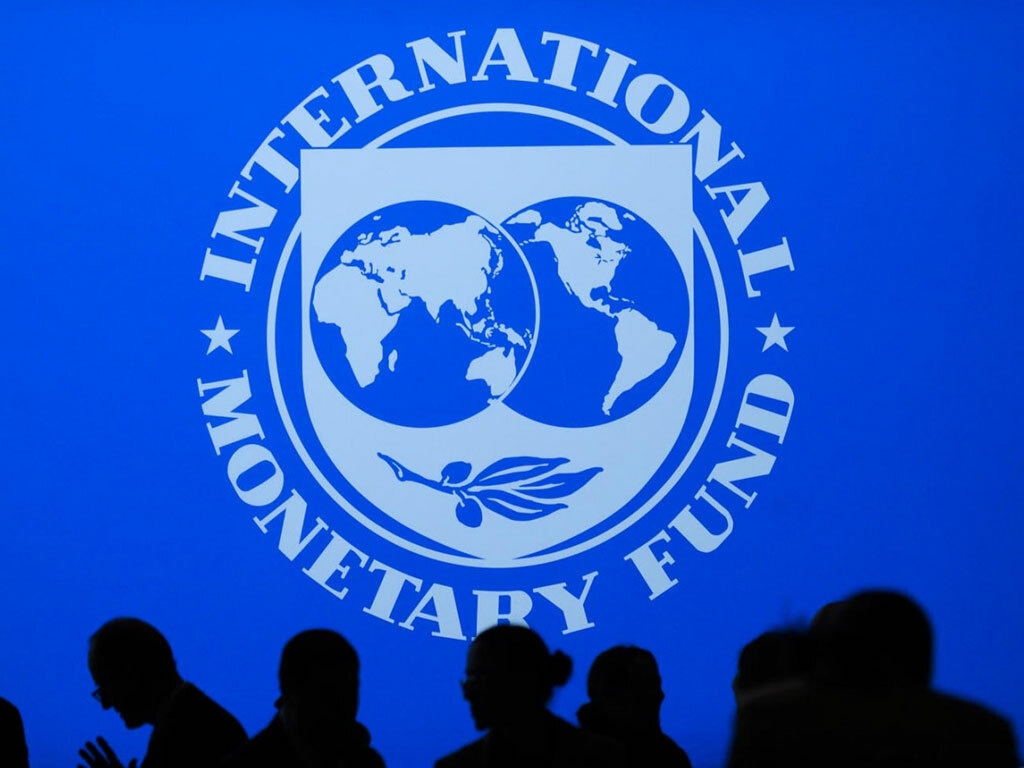
This means that the imports by the local assemblers alone, in the name of CKD & SKD parts stood much higher than the IMF tranche which the govt was in dire need of to avoid the default. This also goes to show the huge loopholes in our auto policies that a mere 250,000 units were enough to badly dent the economy due to such a massive amount spent on imports. Imagine how would we achieve the said 1 million units target, or perhaps the officials believed importing everything from abroad without achieving considerable localization will uplift the auto sector? Absolutely Not!
Related: Economic Advisory Group Says Auto Policy is Damaging for Consumers
As pointed out by the Economic Advisory Group (EAG), our automobile policy is a repetition of the mistakes committed for over 40 years in the automobile industry by applauding market-seeking FDI (foreign direct investment) and establishment of assembly plants, which are the lowest components of the entire value chain, least profitable and do not enable the transfer of technology.
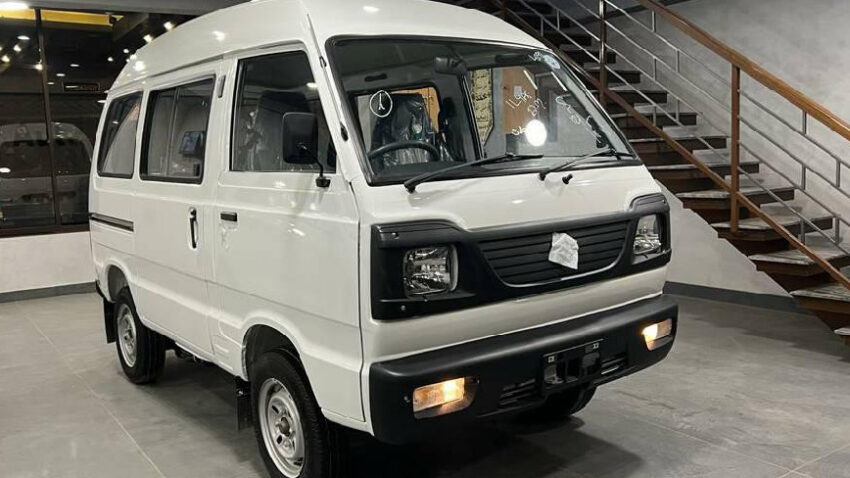
Our policies have been only focused on establishing assembly units, instead of developing manufacturing capacity, which is the real driver of growth in an economy; consequently, the inflow of FDI has been limited compared to profits earned and repatriated out of the country. Furthermore, the efforts of the government to entice FDI in the automobile sector in the form of assembly units depended on incentives such as tariffs and subsidies.
Related: Almost Half a Century- No Change- No Progress
The rationale behind protection is to provide an opportunity for subsequent research and innovation in technology to augment efficiency, which has never happened in the case of Pakistan. However, continuous protection has not equipped the auto industry to become efficient which leads to consumer and welfare losses due to higher prices. In fact, protection for any length of time has proved to be deadly, as lobbies have worked hard to ensure that it is never removed so that industry stays infants forever.
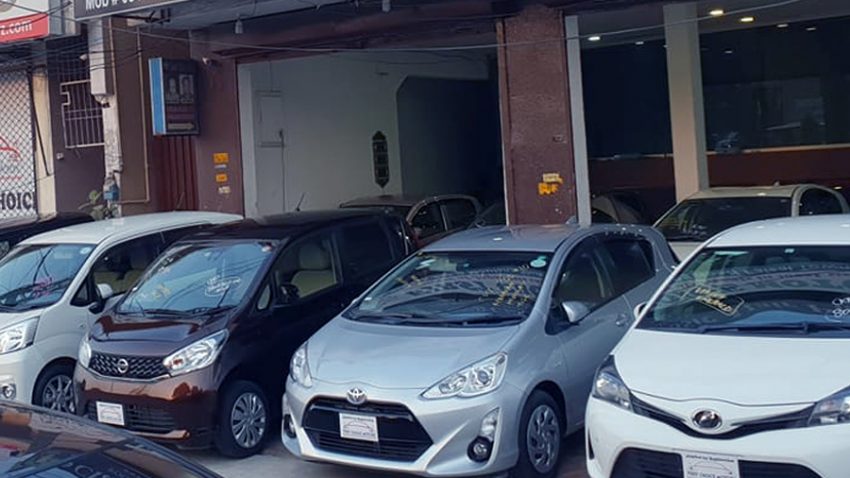
The protected local auto industry is always hungry for incentives, will lobby the govt to eliminate any sort of competition even if it’s coming from decades-old used cars, and will remain dependent on imports just to assemble those imported parts locally. This also discourages domestic auto-part makers because imported items are being subsidized against domestic production. This implies that relative profits will be higher in the assembly business as compared to the auto-part manufacturing business, which will gradually reduce the linkage between auto assemblers and domestic auto-part makers.
Related: Policymakers’ Love With the On-Money Devil
The auto industry has not been able to scale as the domestic market is too small due to demand being squeezed through protectionist policies. Assemblers deliberately operate well below their production capacity to efficiently maintain a demand-supply gap that in turns to favor them in many ways including earning premium/own money. Pakistan is also not sufficiently connected to the international industrial community to enable the transfer of knowledge and technology.
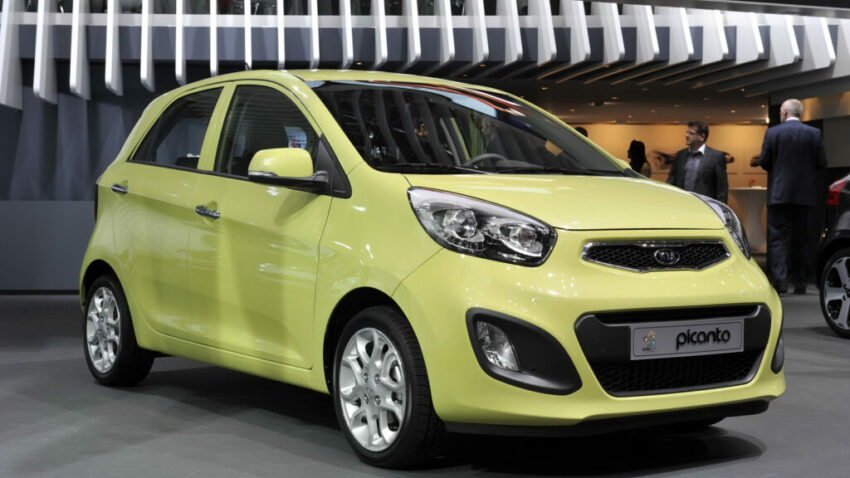
The majority of what has been introduced in Pakistan in recent years are globally obsolete models, so businesses got a good chance to mint money from the tools & jigs that were discarded from the rest of the world. Furthermore, the auto policy fails to govern the minimum required standards for any vehicle to be introduced in our country.
Related: More Than 17 Obsolete Cars on Sale in Pakistan
Our policies need a thorough overhaul and thin tanks need to reboot their minds and see what the auto industry has achieved during the last 3 decades of protection. Will we remain an import-dependent auto industry, that will keep on spending billions of dollars on importing parts but will always complain about a minuscule number of used-car imports? We need an industry that is able to export at least automotive parts in good volume if not completely built vehicles to help contribute to the country’s GDP.
Implementation of policies to ensure consumer and overall economic welfare is a dire need today. Time to wake up & act!

A computer animation professional with over 23 years of industry experience having served in leading organizations, TV channels & production facilities in Pakistan. An avid car enthusiast and petrolhead with an affection to deliver quality content to help shape opinions. Formerly written for PakWheels as well as major publications including Dawn. Founder of CarSpiritPK.com

